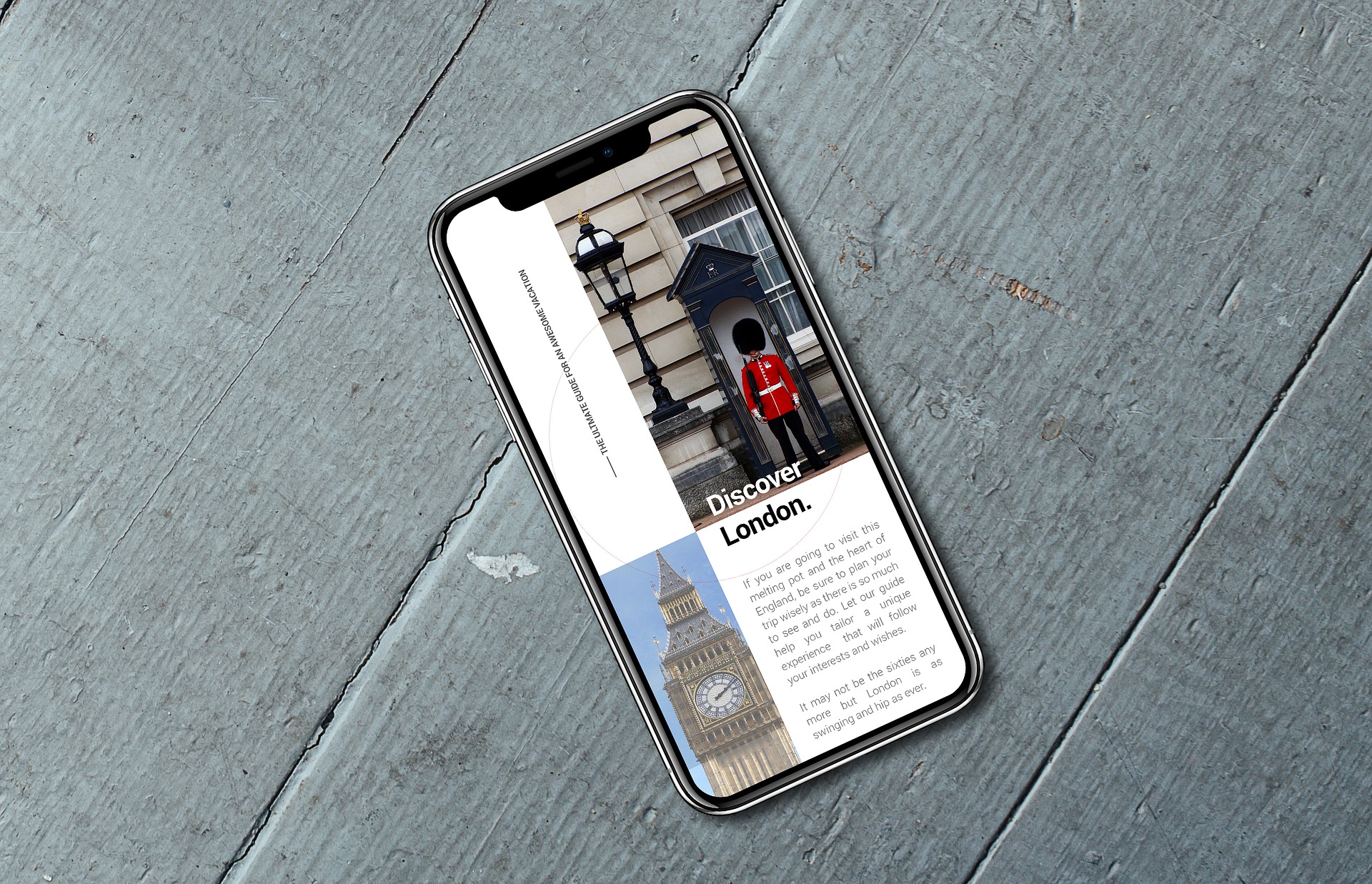Anyone who has learned English adequately can engage in basic English conversations. With basic English knowledge, a conversation leads to a successful interaction. What is the basic requirement for conversations?
The right question asked!
Every day we speak to our coworkers, friends, family members, and strangers in the streets or at the cafes. The questions we ask will determine the flow of the conversation and satisfaction you’ll get from the answers.
To perfect the art of the conversation and improve your English knowledge, you will need to practice essential English conversation questions.
Grab a friend, or sit down to yourself and let’s start!
Basic English conversation types
Before you dive into the complex questions which you will ask at a conference, lawyers’ office or at an accountants’, you’ll need to learn basic English conversation questions that are usually categorized like this:
- Questions about personal information
- Daily questions and saying hello
- Shopping questions
- Specific questions
- “Like” questions
- Asking for an opinion and suggesting an activity
1. Questions about personal information
You start learning English by asking these questions:
- What’s your name?
- How old are you?
- Do you have siblings?
These are basic, elementary, and first-level questions that you’ll mostly use with new acquaintances.
Remember to be respectful and not pushy when you’re asking about personal information. You’ll need this technique to befriend strangers and find new buddies.
Here are some of the most common personal information questions and answers:
- Names
What is your name?
My name is _____
What is your last name?
My last name is _____
What is her/his name?
Her/his name is _____
- Work and occupation
What do you do?
I am a ____
Where do you work/study?
I work/study at _____
- Family and marital status
Are you married?
Yes, I am/No, I’m not.
Do you have a boyfriend/girlfriend?
Yes, I do/No, I don’t.
Do you have any children?
Yes, I have ___ children/No, I don’t.
Do you have siblings?
Yes, I have ____ brothers and ___ sisters/No, I don’t.
Age, contact information, hobbies, habits, and many more fall into this category. You can dive in deeper and start communicating with a pen pal or a forum member at English Forward Forums and find someone who will practice basic English conversation questions with you.
2. Daily questions and saying hello
Daily questions can be used with friends, family, and strangers. This category includes some of the most commonly used questions, such as:
How are you?
Fine, thanks. And how are you?
How are things at work?
Things are fine, thanks for asking.
The key is to know who you are talking to. You can get too personal and in-depth with a friend or a family member, but the acquaintances might think it’s weird you’re asking so many questions.
Sit down in front of the mirror and ask and answer yourself on these questions to practice more.
3. Shopping questions
I never go to a foreign country without visiting its shopping centers. I believe many tourists act like this, and when it comes to the language barrier, they often stumble upon issues. It helps then to carry on basic English conversation.
To practice daily interaction with someone in the shopping center, you might need these questions:
Can I try this on?
(You can ask this if you are not sure you can try something on)
Where can I try this on? Or Where are the fitting rooms?
(You can ask this if you’re looking for a place to change).
Do you have this but in a larger/smaller size?
(replace the word “this” with the item you’re shopping for).
Can I pay with my credit/debit card?
How much is it? How much does it cost?
4. Specific questions
These questions are asking about something specific, and require particular answers.
What’s that?
It’s a ____
(it can be asked about a lot of things, so we can’t categorize the question).
May I open the window/door?
What time is it?
It’s ____ o’clock.
Where is the nearest bakery here?
Where can I cash out my money?
Where can I buy __ _?
Is this your article?
Whose ___ is that?
And many more.
These sentence structures will help you build your own when you find yourself in a situation that needs a specific question asked.
5. “Like” questions
“Like” questions are a great way to find more about the person you’re speaking with.
We usually use the word “like” in the questions when we want to determine the attitude towards a particular thing/object/person.
What is it like?
(You can ask this question about many things: food, country, movies, smell, drink, etc. It will help you determine the persons’ view of the object).
What do you like to do on the weekends?
(The sentence can be rephrased in a way to suit any other situation).
What would you like to eat/drink/see/sing/etc.?
(We want to determine the persons’ attitude towards a specific activity).
Would you like some coffee/cake/drink/etc.?
What does she/he look like?
Experiment with these sentences with yourself and your friends. Remember the advice to join a community or a forum? It still stands. Join the group of people with the same desire to practice spoken English more.
6. Asking for an opinion and suggesting an activity
Last but not least, we come to the advice questions. Again, we want to determine the attitude towards a particular thing or ask for a suggestion.
What do you think about this dress/book/hat/shoes/song/movie/etc.?
Is it difficult to learn this chapter?
What are your views on ____ _?
How do you feel about____ _?
How about some lunch/coffee/tea/cake/etc.?
(Suggestion)
Why don’t you take some time to relax and play with us?
(Suggestion)
Remembers, suggestions can be made without a question form. Just include the bolded words:
- How about we go to see a movie?
- Why don’t you read a book?
- You could come with me to see my friends.
Learning more about basic English conversation questions is a HUGE step forward into developing your English skills. If you’ve set your mind to follow our guidance, I would advise you to do this:
- Set up a situation (restaurant, movie, gettogether with friends, family dinner, meeting with new coworkers, etc.).
- Write down the regular questions and answers you’d ask and reply in such situations in your language.
- Translate the questions and answers to English.
- Practice asking basic questions with yourself, friend, family member, study buddy, whoever’s happy to help you improve your English.
An additional tip: You can use Twitter to carry on basic English conversation.
Communities
- On Twitter, you only have to follow accounts that you’re interested in. This makes reading easier, as will be reading topics that genuinely interest you.
- This also means that you can follow people who also want to learn English or people that teach English as a foreign language. You can engage in conversation with them and start your own communities using hashtags.
What are hashtags?
- Twitter users use the hashtag symbol to categorize tweets. These tweets show up more easily in Twitter search.
- Clicking on a word with a hashtag on any message shows you all other Tweets marked with that keywords.
- Hashtags can be placed anywhere in the Tweet – at the beginning, middle, or end.
Which hashtags are useful for English language learners?
#adulted: a hashtag for tweets about adult education.






